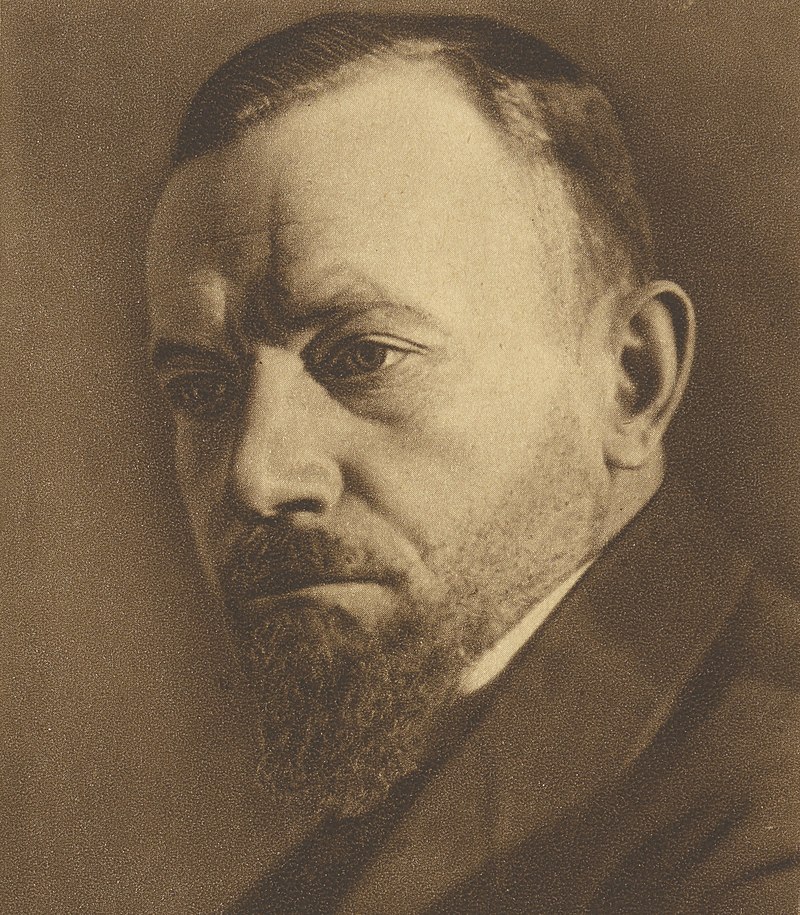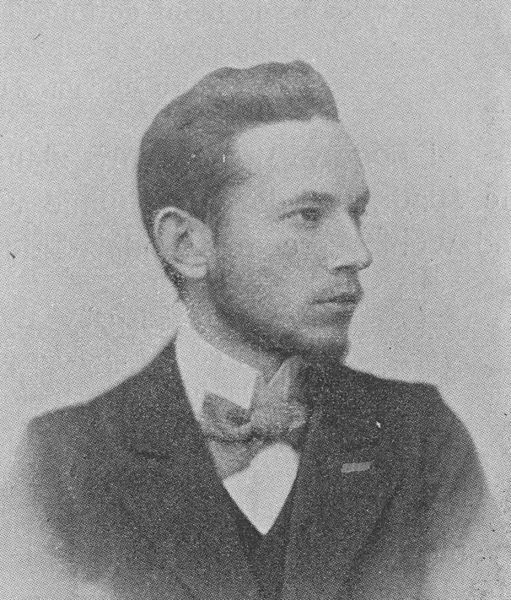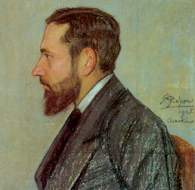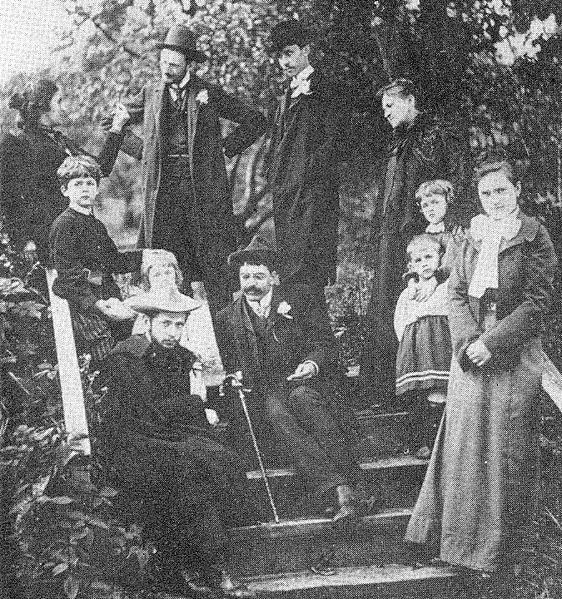<Back to Index>
- Poet Leopold Staff, 1878
PAGE SPONSOR



Leopold Staff (November 14, 1878 - May 31, 1957) was a Polish poet; one of the greatest artists of European modernism twice granted the Degree of Doctor honoris causa by universities in Warsaw and in Kraków. He was also nominated for the Nobel Prize in Literature by Polish PEN Club. Representative of classicism and symbolism in the poetry of Young Poland, he was an author of many philosophical poems influenced by the philosophy of Friedrich Nietzsche, the ideas of Franciscan order as well as paradoxes of Christianity.
Staff was born in Lwów (then in the Austrian partition; now Lviv, Ukraine) during the military partitions of Poland. He was one of three children of the local confectioner of Czech origin. He studied law and philosophy at the Lviv University, and in 1918 settled in Warsaw at the cusp of Poland's return to independence. He died at the age of 78 in Skarżysko - Kamienna soon after the collapse of Stalinism in postwar Poland, and was buried in Warsaw at the renown Powązki Cemetery.
Staff was highly influential in the interwar period,
including in the literary life of Julian Tuwim, one of
Poland's best known poets. He served as vice president of
the Polish Academy of Literature since 1933, and since
1949 resided in Warsaw.
Staff's writing can be divided into three periods: Young Poland, Interwar period and postwar Poland.
In the early 20th century, Staff became probably the most famous and influential Polish poet. He called his popularity a retiring, soft glory. He was also the main role model for Polish group of experimental poets named Skamander. In the 1950s, he moved to blank verse in line with the ideals of Polish avant garde.
Some of his best known poetry includes The Bridge,
Foundations and Three Towns.
